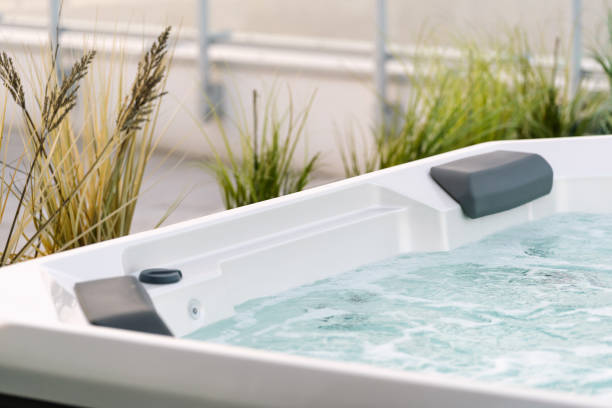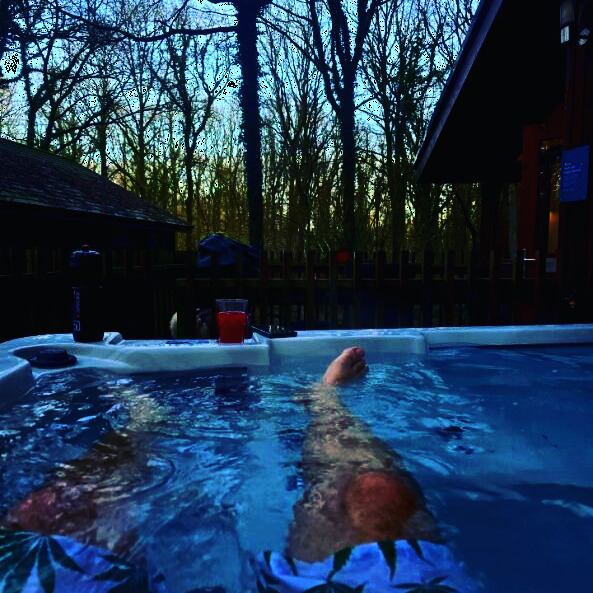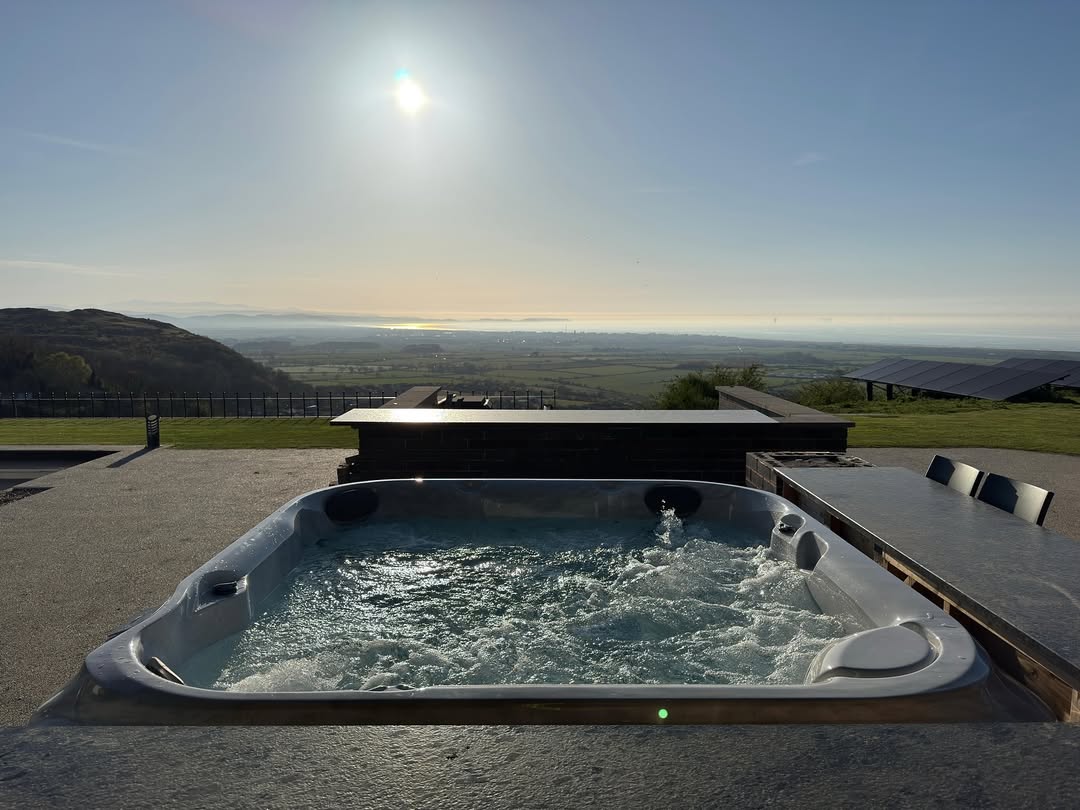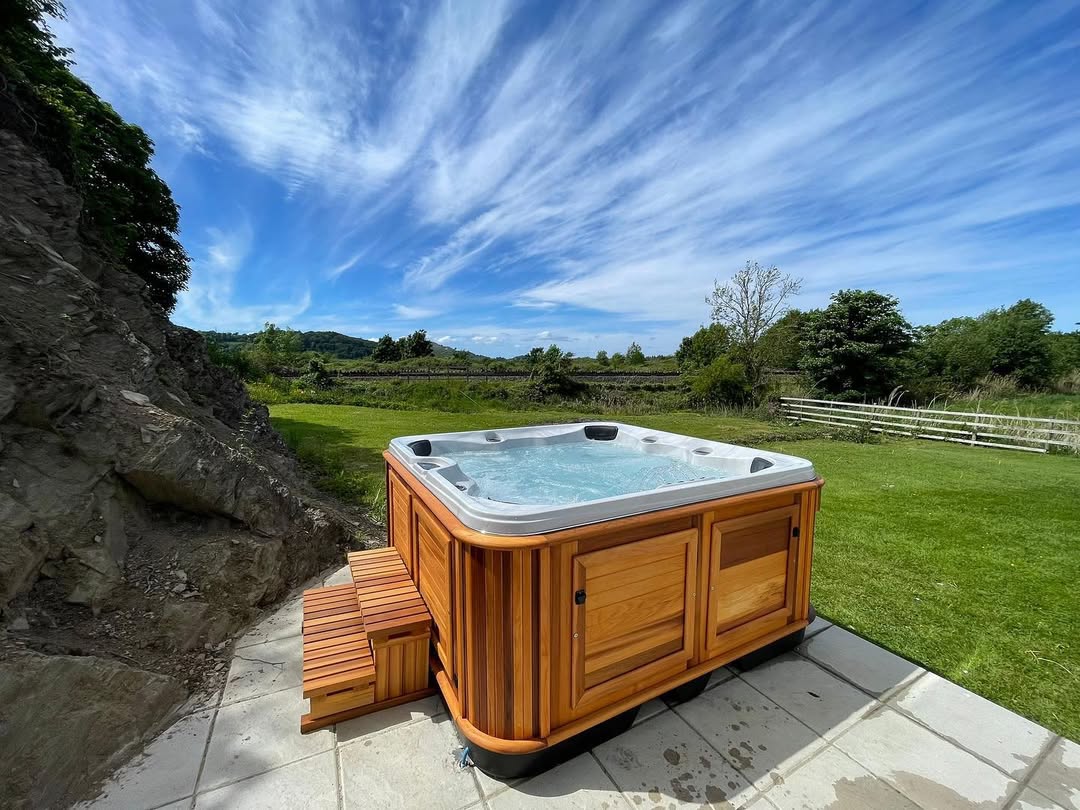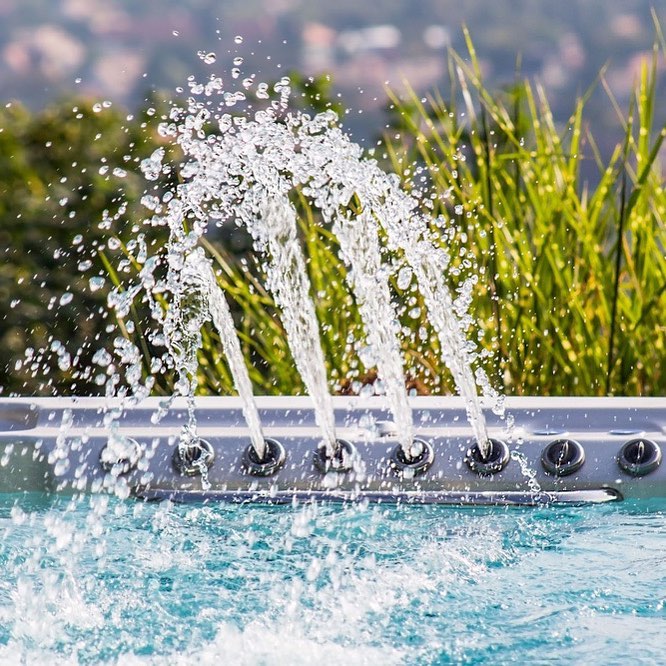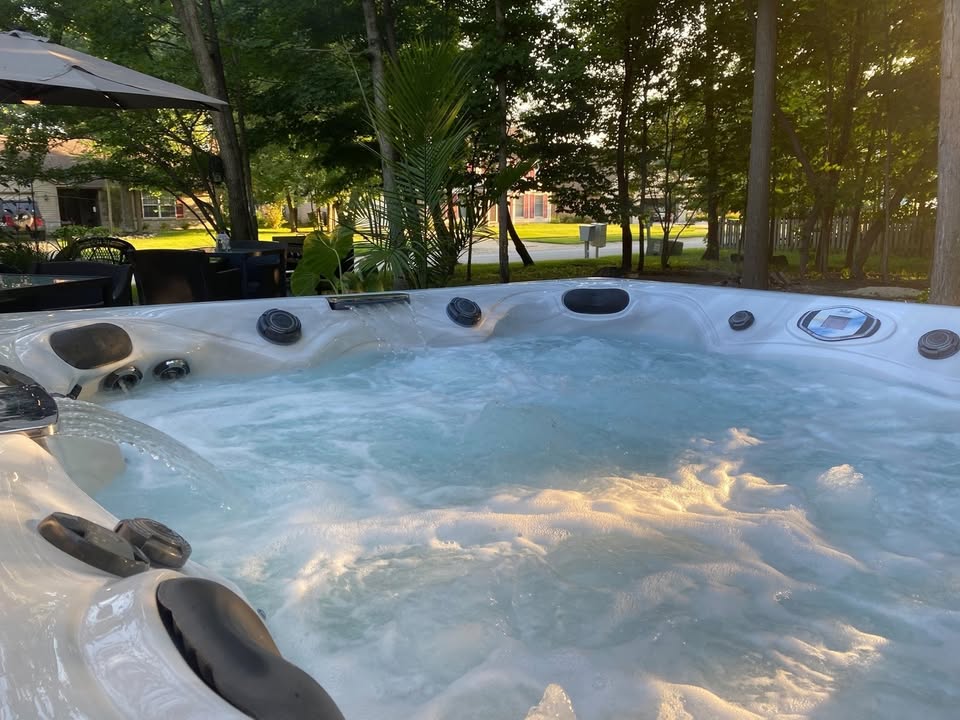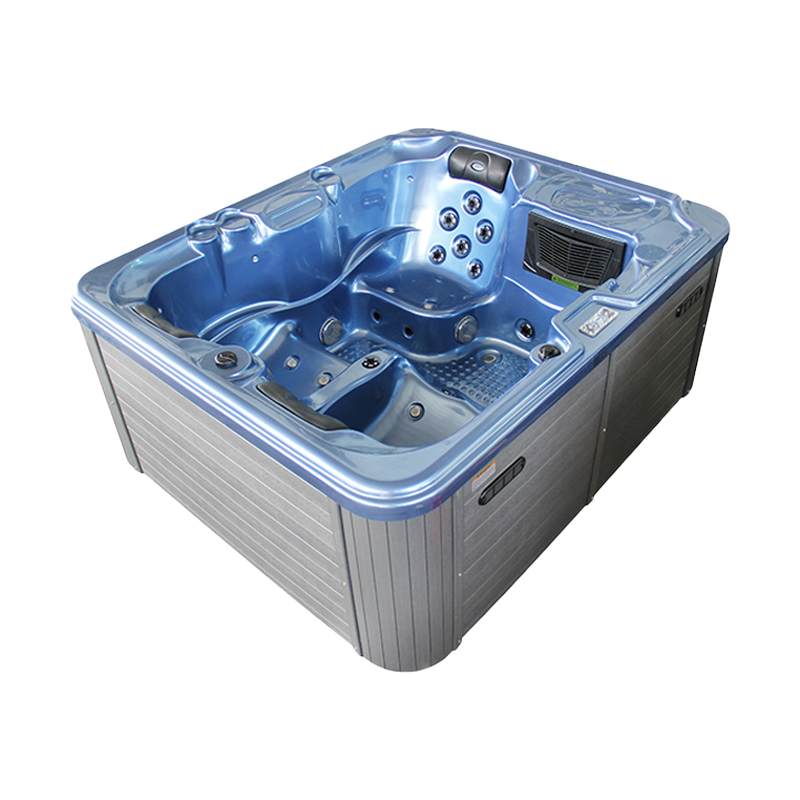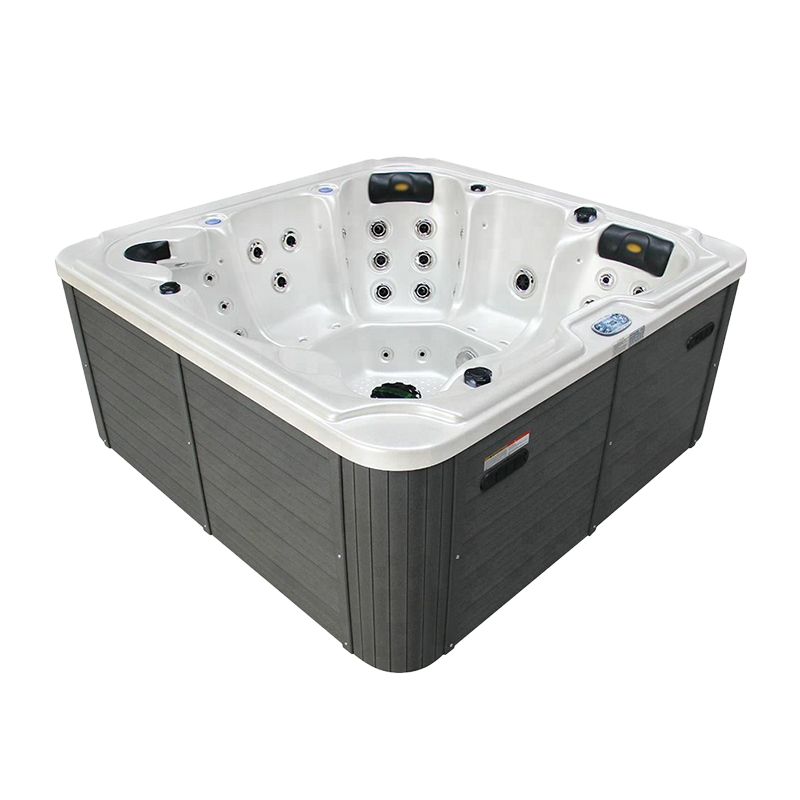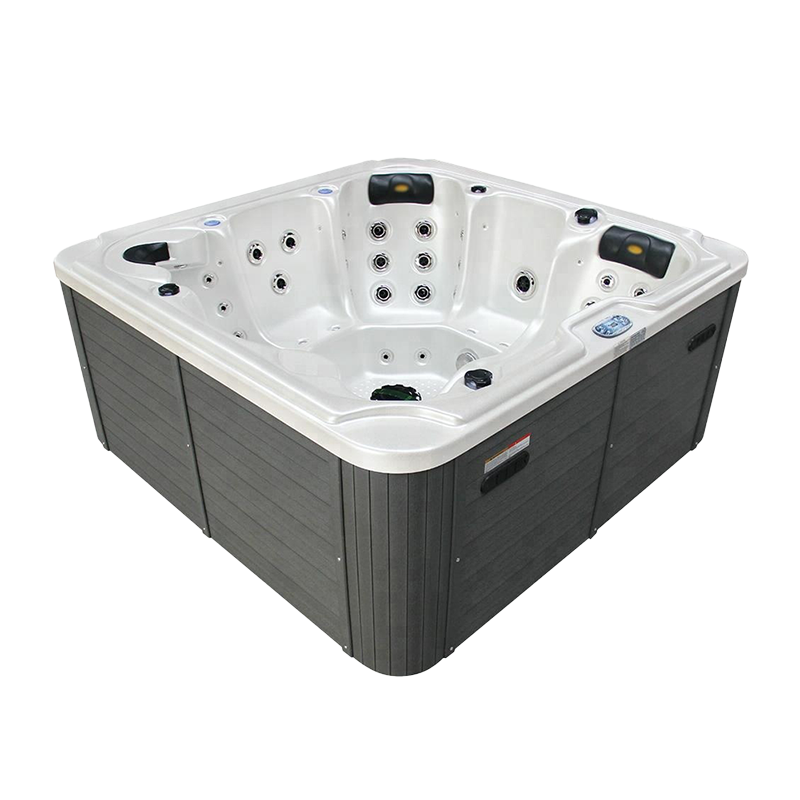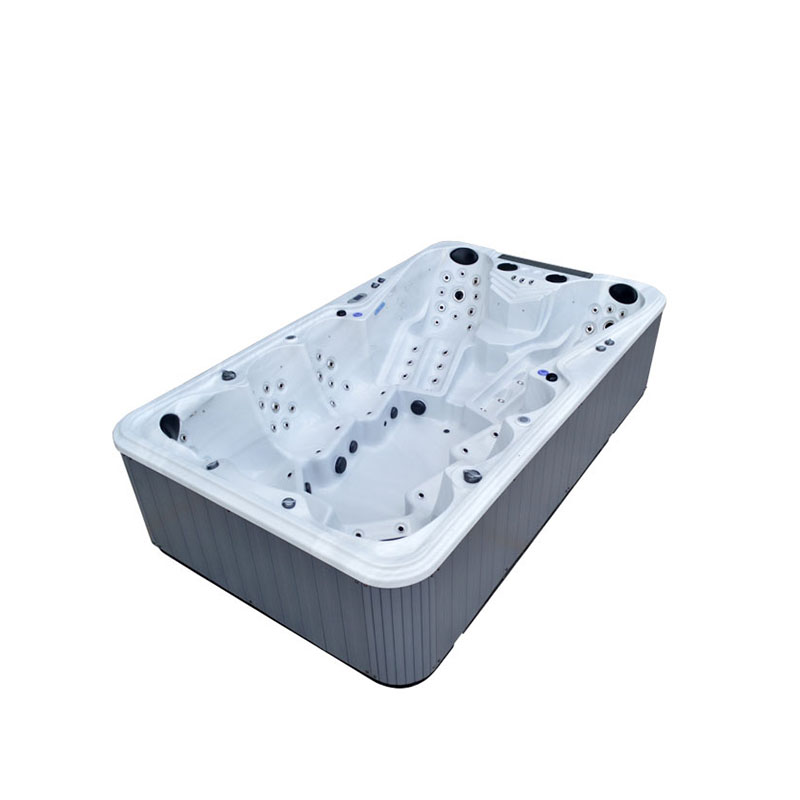When considering a water-based relaxation experience, most people find themselves debating between hot tubs, Jacuzzis, and spas. These terms are often used interchangeably, but each refers to a distinct concept in the world of hydrotherapy and relaxation. While both provide an enjoyable soak and therapeutic benefits, they are not all the same. Understanding their differences can help you make an informed decision when purchasing one for your home or booking a relaxing experience at a resort.
In this article, we will break down what differentiates hot tubs, Jacuzzis, and spas, explore the history and origins of each, and provide useful insights to help you choose the best option based on your personal needs and preferences. Along the way, we will also introduce additional features and considerations that go beyond basic functionality, such as energy efficiency and health benefits.
Let’s dive in and uncover the key differences between hot tubs, Jacuzzis, and spas—and help you choose the right one for your lifestyle.
1. What is a Jacuzzi?
Though commonly used to describe any jetted hot tub, nuddpottur is actually a specific brand name. It has become synonymous with hydrotherapy baths due to its long history and strong brand presence.
The History Behind Jacuzzi:
The Jacuzzi brand was born in 1956 when the Italian-American Jacuzzi brothers invented the first underwater pump to help alleviate the pain of arthritis patients. Their invention revolutionized the way people approached hydrotherapy. In the following decades, the company went on to develop the first integrated jet whirlpool bath, and later, large, luxurious jetted tubs that could accommodate multiple people at once.
Jacuzzi is known for high-quality, feature-rich products that cater to those who want more than just a standard soak. They offer an extensive range of models, with various options for water jets, heating systems, and user controls.
Why Choose a Jacuzzi:
Jacuzzis are designed with hydrotherapy in mind, offering an exceptional water experience thanks to their powerful jets and carefully engineered seats. If you’re looking for a high-end brand with customizable features and premium materials, a Jacuzzi may be the right fit.
2. What is a Hot Tub?
The term heitur pottur is often used as a blanket term for any tub with heated water, but it encompasses a wide variety of options. From basic models to more advanced versions with jets and therapeutic features, hot tubs are made for both relaxation and enjoyment.
Hot Tub vs. Jacuzzi:
While all Jacuzzis are hot tubs, not all hot tubs are Jacuzzis. A hot tub can be produced by numerous different brands, each offering its own array of features. These tubs are often a more affordable option compared to the luxury models offered by the Jacuzzi brand.
Common Hot Tub Features:
Hot tubs typically come with either air jets, water jets, or both. They are designed to accommodate multiple people simultaneously, offering plenty of space for a group or family to relax together. Many models are portable and can be installed in your backyard or patio, though larger models may require more permanent installation.
Why Choose a Hot Tub:
If you’re looking for a more cost-effective option for relaxation and socializing, a hot tub could be a great choice. While they may not offer the same level of customization or branding as a Jacuzzi, many hot tubs provide a similar relaxation experience without the higher price tag.
3. What is a Spa?
The term spa is often used to describe water-based treatments that focus on health and wellness, and it can apply to both Jacuzzis and hot tubs. However, spas can be much more than just a hot tub with jets.
Spa Origins and Uses:
Spas have a long history of being used for therapeutic purposes, dating back to ancient Roman and Greek civilizations. The word “spa” itself is derived from the Latin phrase “salus per aquam”, meaning “health through water.”
In modern usage, a spa generally refers to a water treatment system that uses powerful jets to create soothing massages and provide relief for various physical ailments. Spas can include both above-ground units (such as hot tubs and Jacuzzis) as well as in-ground structures typically found in high-end resorts or spas.
Spas vs. Hot Tubs:
While spas often overlap with hot tubs, they tend to be designed with more therapeutic features in mind. Spas often include several water jets, air jets, and other specialized features to promote relaxation, alleviate muscle tension, and enhance the overall hydrotherapy experience.
Why Choose a Spa:
If you’re looking for a more luxurious and multi-functional water therapy system, a spa could be the ideal choice. With a focus on wellness, spas tend to offer a more advanced and feature-rich experience than standard hot tubs, with some models even combining the effects of hot water therapy with advanced massage features.
4. Key Differences Between Hot Tubs, Jacuzzis, and Spas
While it can be confusing at first, understanding the distinctions between these three types of water therapy systems is essential for making the right choice.
Hot Tubs vs. Jacuzzis vs. Spas Comparison Table:
| Eiginleikar | Heitur pottur | nuddpottur | Heilsulind |
|---|---|---|---|
| Definition | Any tub with heated water, usually for relaxation | A specific brand of jetted tub, known for hydrotherapy systems | Water therapy system, can be a hot tub or Jacuzzi brand |
| Brand | Multiple brands, varying in price and features | Jacuzzi (specific brand) | Multiple brands, generally focusing on health and wellness |
| Virkni | Provides basic water therapy, may include bubbles or jets | Primarily for water massage and hydrotherapy | Provides advanced therapy, combining air and water jets |
| Stærð | Usually large, can accommodate multiple people | Accommodates multiple people, designed for luxury use | Varies in size, often larger, can be portable or in-ground |
| Uppsetningartegund | Usually portable, above-ground, outdoor installation | Mostly fixed, can be installed indoors or outdoors | Can be portable or fixed, often installed with pools |
| Verðbil | $3,000 – $7,000 | $5,000 – $9,000 | $4,000 – $15,000 |
| Target User | Budget-conscious users, basic relaxation | Users seeking high-end hydrotherapy experience | Users focused on health and wellness, professional therapy |
| Installation Difficulty | Simple installation, often outdoors | Professional installation required, often complex | Can be complex, especially for in-ground installations |
| Orkunýting | High efficiency, depends on brand and model | High efficiency, but may consume more energy than regular hot tubs | Usually energy-efficient, especially with energy-saving models |
5. Price Considerations: Hot Tubs vs. Jacuzzis vs. Spas
The price you pay for a hot tub, Jacuzzi, or spa can vary greatly depending on the model, features, and brand.
Price Ranges:
- Hot Tubs: Generally range from $3,000 to $7,000 for a basic or mid-range model. High-end models with advanced features can cost more.
- Jacuzzis: Being a premium brand, Jacuzzis typically range from $5,000 to $9,000, with customizable options and luxurious features that can push the price even higher.
- Spas: The cost of a spa can vary significantly, from more affordable above-ground options to expensive in-ground models. Expect to pay anywhere from $4,000
“`to \$15,000 for high-end, luxury spa systems.
6. How to Choose Between Hot Tubs, Jacuzzis, and Spas
To make the best decision, consider your specific needs:
- If you’re looking for a more cost-effective and straightforward water experience, a hot tub may be the best fit.
- If you want a high-end brand with customizable features, a Jacuzzi may be the ideal choice.
- If you’re after a more luxurious, therapeutic, and wellness-focused experience, look into spa options.
7. FAQs
Q1: Can I install a Jacuzzi indoors?
Yes, Jacuzzis can be installed indoors, provided you have the necessary space and proper ventilation. It’s important to work with a professional to ensure proper installation.
Q2: Are hot tubs energy-efficient?
Modern hot tubs are designed to be energy-efficient, with insulation and heating systems that minimize energy consumption. However, their efficiency can vary by brand and model.
Q3: What’s the difference between a spa and a hot tub?
A spa generally refers to a water treatment system used for health purposes and may include advanced features like massage jets. A hot tub is a more general term referring to any tub filled with heated water, typically for relaxation.
8. Conclusion:
Understanding the differences between hot tubs, Jacuzzis, and spas will help you make a better decision when selecting the right one for your relaxation and therapeutic needs. Whether you choose a more affordable hot tub, a luxury Jacuzzi, or a spa for its therapeutic benefits, each option has unique features designed to cater to different preferences and lifestyles.
Take your time to weigh the features, installation options, and price points to ensure you get the perfect fit for your home or resort. Enjoy your hydrotherapy experience to the fullest!

